News 7/3/12
House lawmakers introduce legislation allowing behavioral health providers, including clinical psychologists and licensed social workers, to qualify for MU incentive payments. The Senate introduced a similar bill last year.
The Pennsylvania eHealth Collaborative announces a grant program that gives providers a free year of DIRECT messaging services for secure health information exchange.
New York eHealth Collaborative says it’s the first REC to hit 1,000 providers qualifying for Meaningful Use money.
Waiting Room Solutions announces several new EMR clients, including Connecticut Behavioral Health, ENT and Facial Plastic Surgery (VA), and Okeechobee Family Practice (FL).
Kareo releases a free iPhone app for accessing physician schedules online.
Are you a physician office considering between multiple HIE options? Here is some advice from the AMA’s American Medical News:
- Physicians should determine who they need to share information with and find an HIE that provides those connections. Possible connections include hospitals, labs, and public health agencies.
- Identify the geographic region that the practice needs to be connected with and make sure the chosen HIE covers the required geographic footprint.
- Understand the business model of potential HIEs and assess their long term sustainability.
Mr. H and I are expecting a slow news week, so I’ll likely be celebrating Independence Day eating watermelon and grilling ribs and corn rather than gathering news for HIStalk Practice. I mention for all the die-hard HIT fans who were considering staying home from fireworks festivities in order to wait for a HIStalk Practice e-mail to hit their inbox. Happy 4th of July to all!


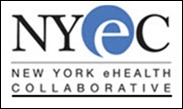







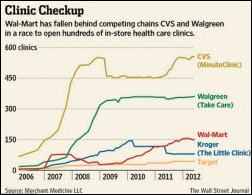
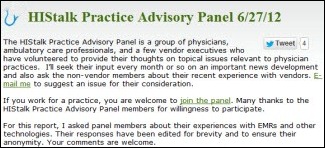

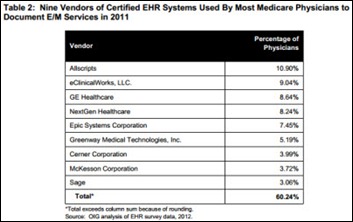
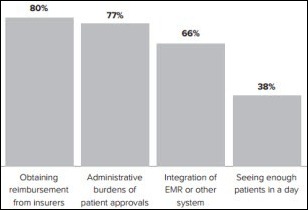


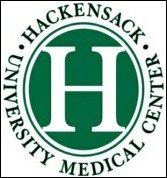


The article about Pediatric Associates in CA has a nugget with a potentially outsized impact: the implication that VFC vaccines…